Nigerian and other key African leaders are currently attending the African Development Bank (AfDB) annual meeting in partnership with the Global Panel on Agriculture and Food Systems for Nutrition in Lusaka to discuss Annual $2.7billion nutritional security.
They converged to outline a vision for a new high-level effort and share new data strengthening the economic case for investment in nutrition across Africa.
It was learnt that achieving the four global nutrition targets in sub-Saharan Africa would require an increased investment of approximately $2.7 billion/year for 10 years.
They noted that meeting the targets would require increased investment of approximately $1.8 billion/year from donors and $750 million/year from African governments over the next decade.
At the AfDB annual meeting, the AfDB President Dr. Akinwumi Adesina hosted a discussion among influential leaders, philanthropists, and businesses on how Africa can achieve nutrition security through increased investments and public-private partnerships.
He said: “To empower people out of poverty, we must first invest in the gray matter infrastructure that will truly fuel this progress–the minds of our children. Nutrition is not just a health and social development issue, nutrition is an investment that shapes economic growth for all African nations.
“When the growth of our children is stunted today–the growth of our economies will be stunted tomorrow. But when Africa’s children are nourished and can grow, learn, and earn to their full potential, we will be able to unleash the potential of the entire continent.”
New analysis released today from the Global Panel on Agriculture and Food Systems for Nutrition, shows increased investments to meet the World Health Assembly target of reducing stunting by 40 per cent by 2025 could add $83 billion in additional GDP growth in just 15 sub-Saharan African countries.
In Rwanda, this includes an additional $1 billion in national income, or a 11.5 to 1 benefit cost ratio for additional investments.
The full analysis from the Global Panel can be found here and additional statistics on nutrition in Rwanda can be found at the end of this release.


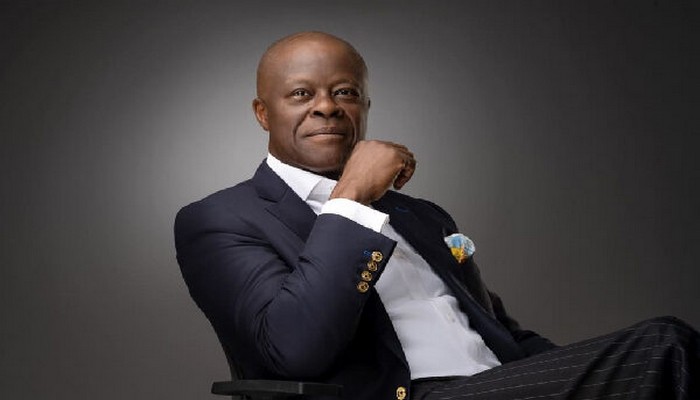
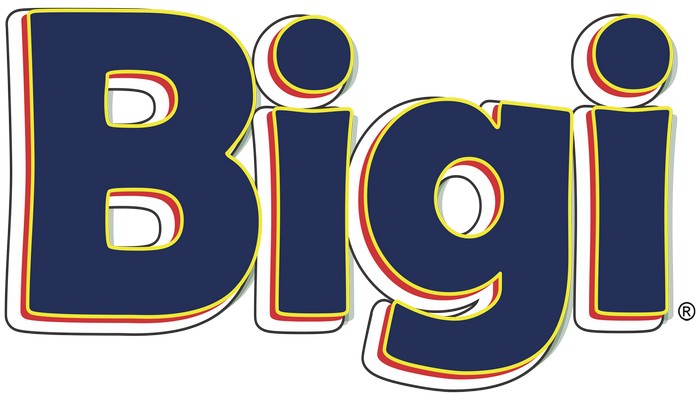
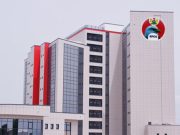
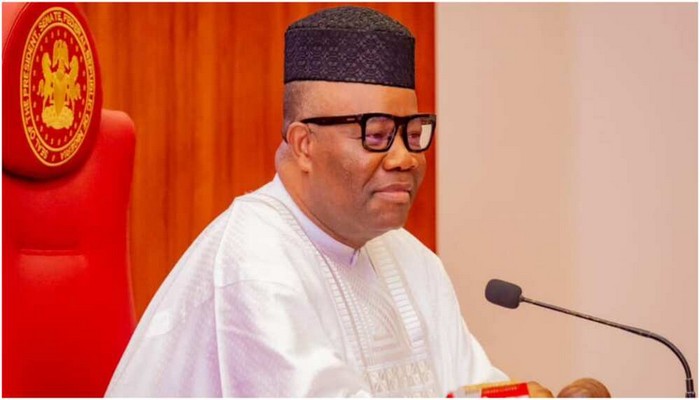

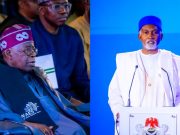


























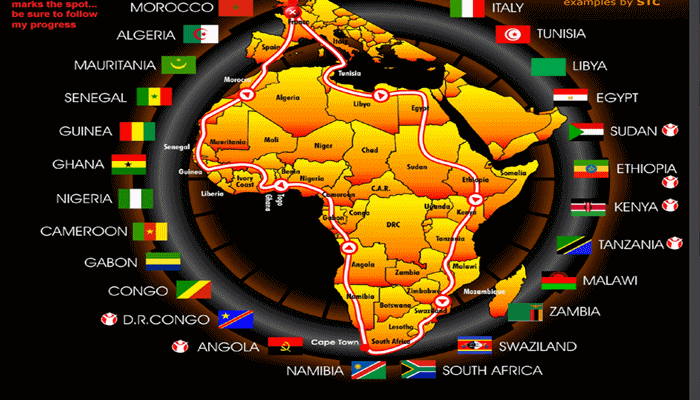

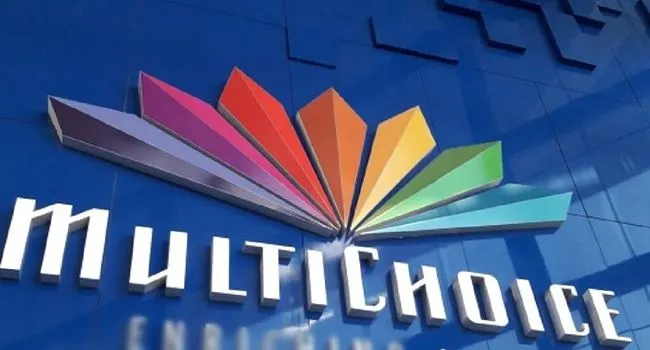
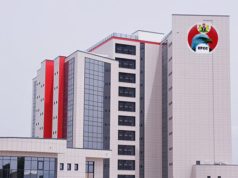

Comments are closed.